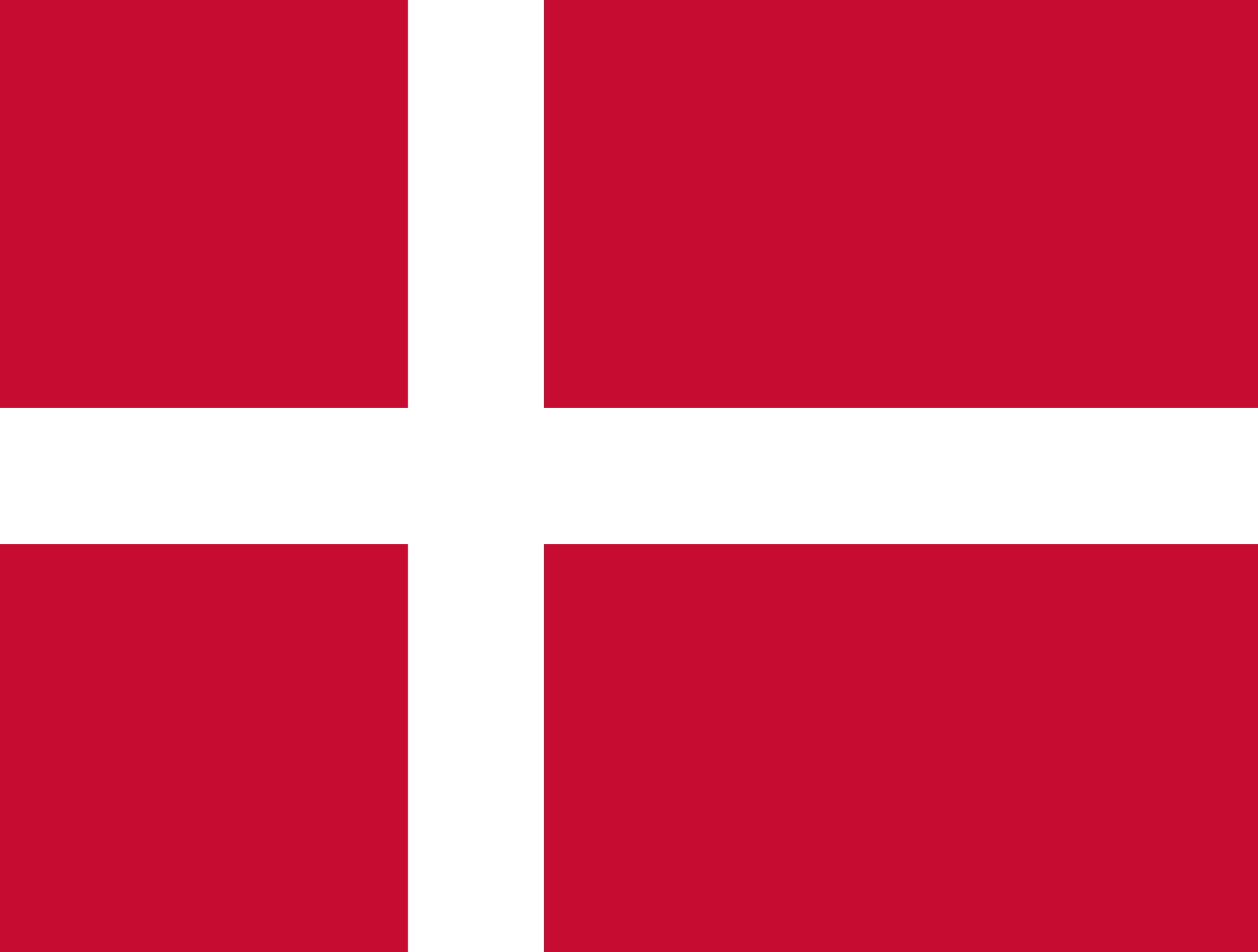Growing Poppy is No Longer a Choice for Me
With a greenhouse, a farmer in Nimroz province, Abdul Qudos Khan, has replaced opium plants with cucumbers.
Surrounded by large leaves of cucumber plants with yellow flowers, Mr. Abdul Qudos Khan is standing in the middle of his new greenhouse smiling. He has just put his harvest into a sling made from his scarf.
He is obviously satisfied.
Mr. Qudos was a poppy farmer before being introduced to DACAAR’s programme "Boost Alternative Development Intervention through Licit Livelihoods" funded by UNODC.
In the past, he grew poppies on his three jeribs of land in the Chahar Borjak district of Nimroz province. It was difficult for him leaving behind an income of 10,000 AFN per year from growing poppies shifting to grow cucumbers instead.
He faced false promises of other organisations and doubted whether he would earn an equal income through alternative activities.
Earning more
After several discussions with DACAAR staff, Mr. Qudos Khan agreed to have a greenhouse established and grow vegetables.
“I was not sure that I would be the owner of a greenhouse and I thought that DACAAR staff was kidding me.“ Mr. Abdul says. But when he read his contract, he realized that it could be true. He witnessed the construction of the greenhouse.
“DACAAR delivered what it promised,” Mr. Qudos Khan says.
On his first attempt, he earned 5,000 AFN more than in one season than he did before.
“After harvesting vegetables three times, I earned 52,200 AFN in just one season, and I am finally convinced that cultivating poppy is no longer a choice for me,"Mr. Abdul says.
"I gave a written promise to DACAAR that I will never grow poppy again on my land. I will grow alternative crops that are halal and provide a good income for my family. We are all happy now.”
Opium cultivation is on the decrease
In 2017, Afghanistan had the highest rate of opium poppy cultivation in the world for two decades. However, poppy cultivation in Afghanistan decreased by 20% in 2018. According to the Ministry of Counter Narcotics and United Nations Office on Drugs and Crime (UNODC) 90% of the world’s heroin is produced in Afghanistan.
Since 2010, DACAAR played a significant role in the decrease of poppy cultivation in Nimroz, Farah and Herat provinces together with UNODC.
DACAAR is providing alternative livelihood activities to farmers who are involved in growing poppies.
Lucrative industry
Afghanistan has one of the highest unemployment rates in the world and finding a job in the opium production industry is very lucrative and well paid.
According to a BBC article published on 25th of April 2019, opium is Afghanistan’s biggest cash crop and provides almost 600,000 full-time jobs.
"Opium is woven deeply into the fabric of the war in Afghanistan, now the longest war in American history," BBC stated.
However, according to UNODC opium poppy cultivation has decreased since 2017 by 24,000 hectares (-56%) in the North, by 23,200 (-43%) in the West and by 15,000 (-8%) in the South. The strongest decrease in the North and parts of the West were mainly attributed to the adverse effects of a drought.
Direct beneficiaries since July 2017 = 8,540 (23% female)
Indirect beneficiaries = 153,850 (52% female)
1 USD = 78 AFN
Halal = Fit for consumption by Muslims
1 jerib = 2,000 m2
By:
Obaidullah Sharifi, DACAAR, Social Organizer, Nimroz
Dagmar Ruehrig, DACAAR, Grants & Communications Adviser
Zohal Nasrat, DACAAR, Communication Assistant
 Danish
Danish